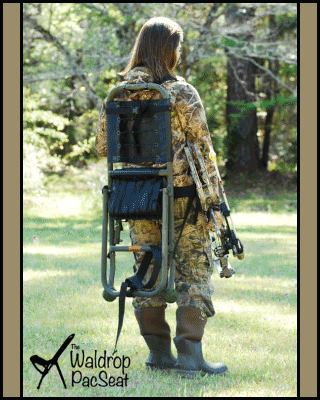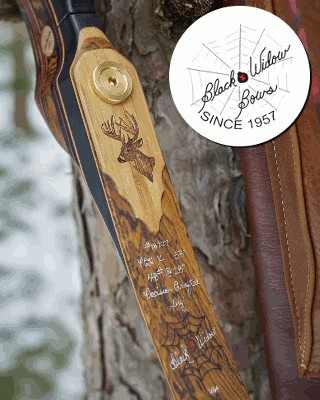In a word, no.
Some steels are air hardening some are water hardening. Some you need to super quench (really concentrated Brine).
Each quench medium has it's own characteristics as to how fast it will allow the steel to cool. Each steel has different requirements for how quickly it needs to cool to harden properly.
That said, you can get away with a lot with a thin bladed knife. Take 1095HC for example:
Technically, it's a water-hardening plain steel. It has a hard "nose" to get over and needs to cool down quickly from critical to harden fully. Overheat a small to medium sized blade just a little bit and quench it in water though and you've got a good chance of cracking the blade - been there a time or two!!

Quench the same blade in oil and it's pretty darn hard to crack it and it'll still harden up properly. Try quenching a large 1095 blade in oil and it's not likely to harden fully though. The oil just can't cool the steel down fast enough. It's not an issue of the temperature of the oil, but how fast it dissipates the heat of the blade.
I settled on queching small to medium blades in corn oil. I started off just using 1095HC steel and tried a couple of easily found quench mediums. I didn't like quenching in water; too easy to overheat the steel - and I really do mean just a tad - and crack a blade. Motor oil never seemed to harden the blade fully (and smelled). I couldn't tell the difference between blades quenched in corn oil and water (as quenched, before tempering). They seemed the same hardness and etched the same. And my shop smells like McD's after doing a few blades





















